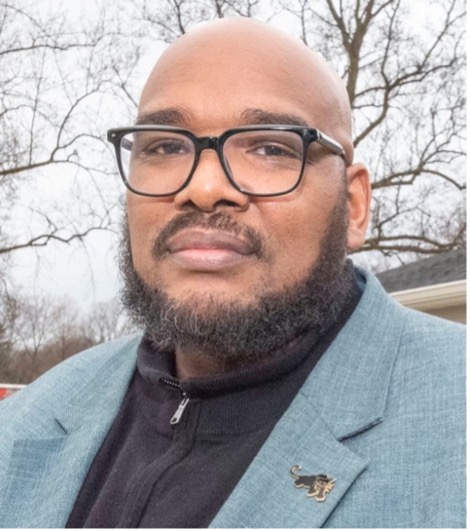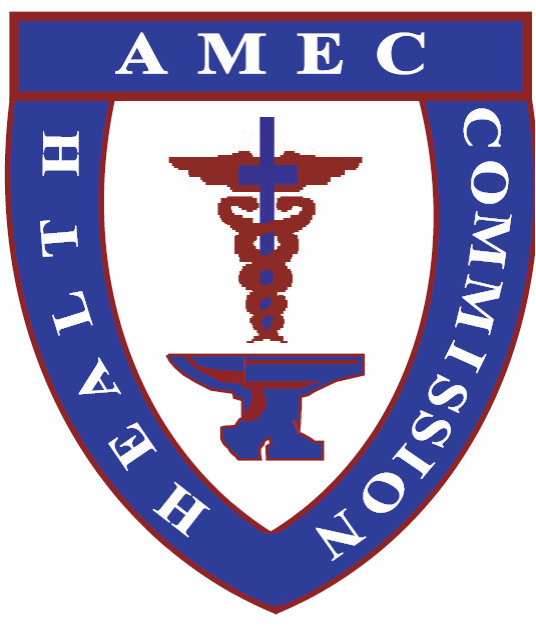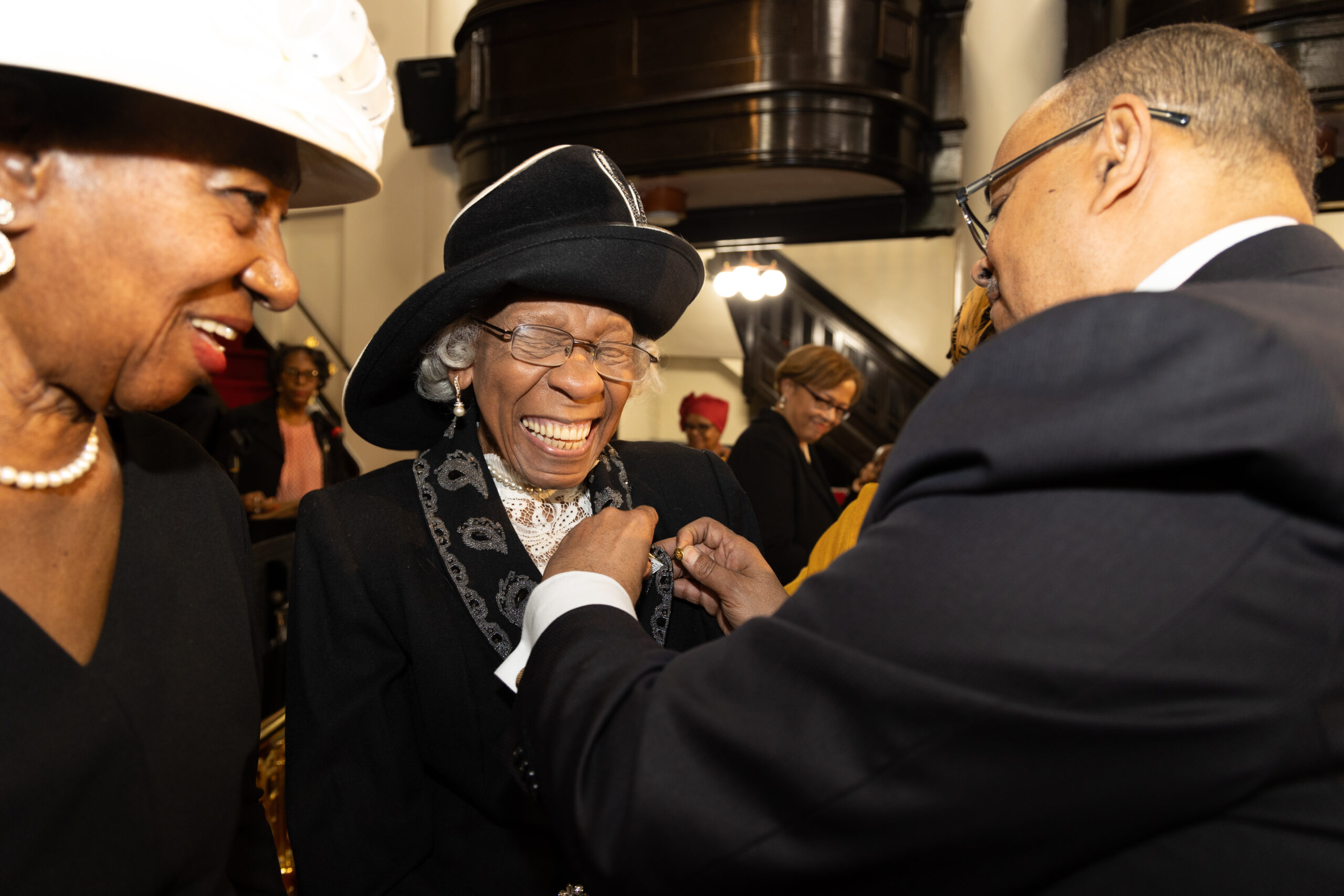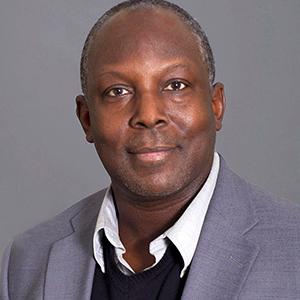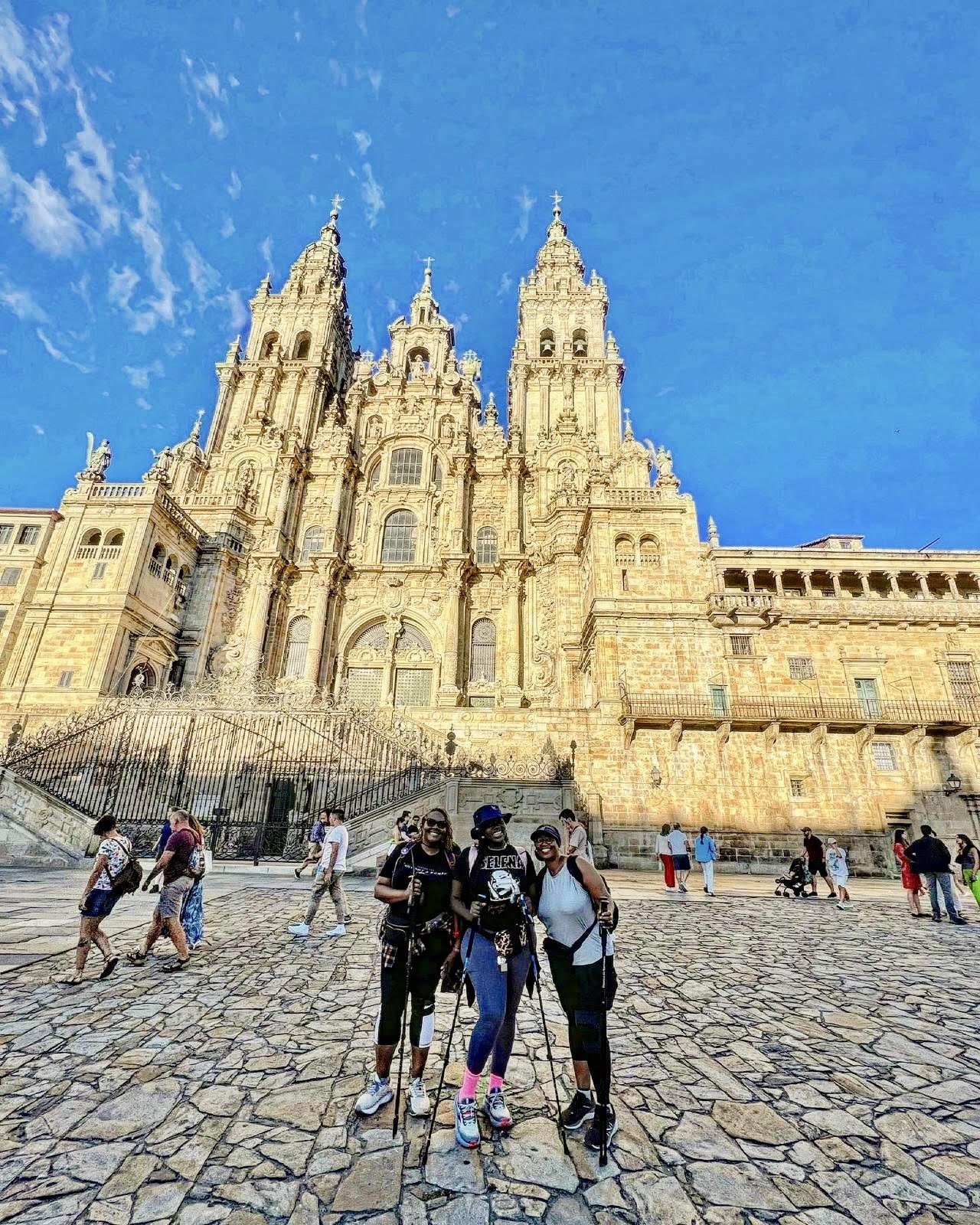Now is the Time for a Sankofa Moment
Rev. Terrence Thomas, 4th Episcopal District
The scene in January at Mother Emmanuel during President Biden’s visit was equal parts heartbreaking, disappointing, and infuriating. It was heartbreaking when you consider that the response to peaceful protesting over Israel’s genocide against the Palestinians, in a place that has been repeatedly the victim of numerous hate crimes and acts of genocide throughout its own illustrious history (most recently in 2015), was to silence it. It was disappointing to watch Black people, who are all too familiar with acts of violence to maintain white supremacy, cheer on President Biden, despite his is complicity in engaging and endorsing a genocide that has claimed the lives of more than 30,000 Palestinians, many of them women and children, and has displaced millions more. It was infuriating to then watch President Biden hypocritically speak out against white supremacy, in Mother Emmanuel no less, while he sits in support of Israel’s genocide towards Palestine, which itself is an act of white supremacy.
Even though our subsequent statement from the Council of Bishops called for a cessation of funding to the Israeli state, I still am troubled by the President’s visit to Mother Emanuel. Considering that we as African Methodists often highlight we are a denomination rooted in Jesus and justice, perhaps it is now time we that pause and ask ourselves is possible to reconcile our proclamations of faith and liberation with silencing dissent as not to offend a sitting President actively pursuing a policy of violence towards other people of color. If those the events of Jan 9th, 2024, are any indication, it would seem to we may have become double minded on these matters.
In James 1:7 we are reminded that double minded people (entities) are unstable in all their ways and should expect nothing from God. Have we become double minded? Is that why we are struggling with growing, attracting, and keeping members under 50 particularly when you consider faith and justice matters to this demographic? Now is a good time for us to engage in a Sankofa moment to answer these questions and see if our words and deeds line up.
In 1811, Rev. Jerena Lee would challenge the leadership in the AME Church for the right to preach the gospel as a woman. This battle would continue for remainder of her life. Though she would not see ordination in her lifetime, Rev. Lee’s testimony is a reminder we must confront injustice even with the denomination.
In June of 1822, Denmark Vesey, a free man, and member of Emmanuel African Methodist Episcopal Church in Charleston SC, attempted to incite an insurrection to free the enslaved Africans within the city. Though unsuccessful, Vesey’s attempt is a reminder one’s faith should be the impetus for challenging systems of oppression.
In 1895, while speaking at the first meeting of the National Baptist Convention, Bishop Henry McNeal Turner boldly and proudly declared to all in attendance that “God is a Negro.” By making this proclamation, Bishop Turner was inviting Black people to not only see God in themselves (ourselves) but reminding them (us) that the work of justice is tied to the presence of God.
In 1969, Rev. Dr. James H. Cones, an itinerant Elder with the AME Church, introduced to the world the concept of Black Liberation Theology. By doing this, Dr. Cone reminds us that God is on the side of the oppressed and fights with us in our universal quest for freedom and justice.
In April 1967 (exactly 1 year prior to his death) Rev. Dr. Martin Luther King Jr, head of SCLC and the most prominent voice in the civil rights movement, broke with the Johnson Administration and spoke out against Vietnam. Dr. King’s actions articulated the immoral nature of the war and how it drained vital resources from the poor and working poor of this nation. Understanding the consequence of this stance, King’s faith still led him to take this position as he understood that justice movements were intersectional.
When we put these historical lessons together, we have a clear message that is put before us: Our faith requires us to not only speak out against injustice in the world, but also challenge those in leadership to do what is morally right even if it offends tradition, the status quo, or personal relationships. But more to the point, these moments revel to us that need to own that we have been double minded on justice issues and why we as a Zion have been unstable. If we are to survive into the 21st Century, we must stop the shift that took us from talking about God of the oppressed to operating as chaplains to the empire. It would have been inspiring and a beautiful thing to see our Zion imitate Dr. King by challenging President Biden on evil being done to Palestine the way Dr. King challenged President Johnson, armed with the knowledge that God is on our side and stands with us as we stand with other oppressed communities here and abroad.

